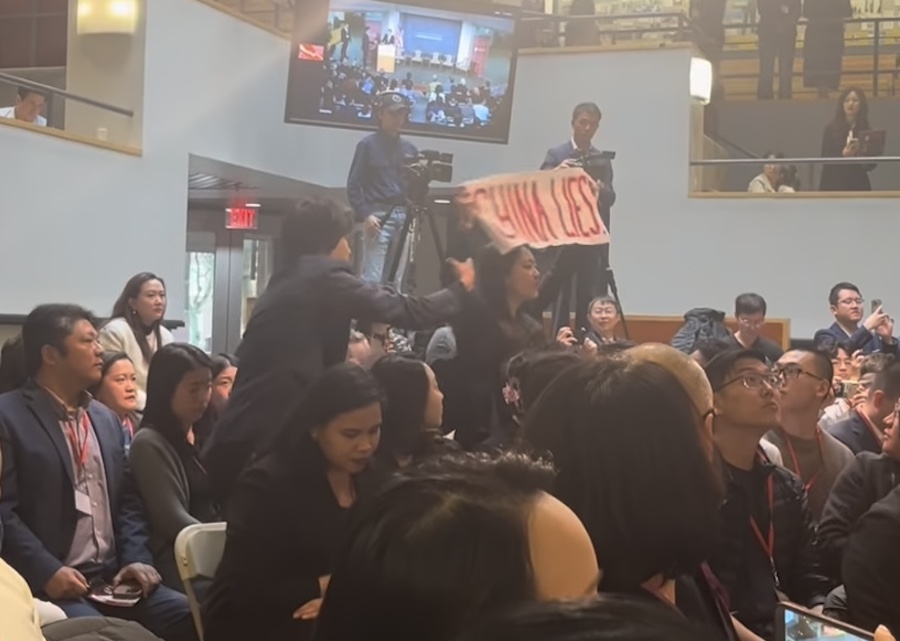LONDON, May 28 – China’s human rights record deteriorated in 2002 as government efforts to establish the “rule of law” were undermined by political campaigns and administrative fiats, Amnesty International said Wednesday.
“Tens of thousands of people continued to be arbitrarily detained or imprisoned for peacefully exercising their rights to freedom of expression, association or belief,” the London-based rights group said in its report on 2002.
“The combined effects of repressive and vaguely worded criminal legislation, the use of administrative detention, a weak judiciary and impunity for officials who abuse their power continue to result in widespread abuses of human rights,” it said.
China also used “nationalism” and appeals for state and social security to crack down on ethnic and religious minorities, including the Falungong spiritual group, Amnesty said.
More than a million people were detained without legal charge in the administrative detention of “custody and repatriation,” while as of 2001 some 310,000 Chinese, many members of the Falungong, were jailed without trial in China’s “reeducation through labour camps,” it said.
“Measures aimed at strengthening the rule of law and judicial institutions continued to be undermined by political campaigns against those suspected of opposing the government.”
China used vague wording in its state security law to convict labor activists, political dissidents and internet users who posted diverging political views on the Internet.
“The dramatic rise in labor disputes continued,” Amnesty said, “Among issues sparking protests were low wages, corrupt management, mass lay-offs, dangerous working conditions and restrictive working practises in factories.”
Besides subversion statutes, China also used new laws on “anti-terrorism,” implemented following the September 11, 2001 attacks on the United States, to crack down on Muslim and Tibetan separatist and religious groups.
A “strike hard” campaign against crime that was implemented in April 2001 was extended throughout 2002, which resulted in “the death penalty and harsh prison sentences, without due process, as well as the use of torture and ill-treatment to obtain confessions,” Amnesty said.
“The death penalty continued to be used extensively, arbitrarily and frequently as a result of political interference,” it said.
The group recorded 1,921 death sentences and 1,061 executions in China in 2002, “although the true figures were believed to be much higher.”
“Torture and ill-treatment continued to be widespread and was reported in many state institutions as well as in workplaces and homes.
“Common methods of torture included kicking, beating, elecric shocks, suspension by the arms, shackling in painful positions, and sleep and food deprivation,” it said.









